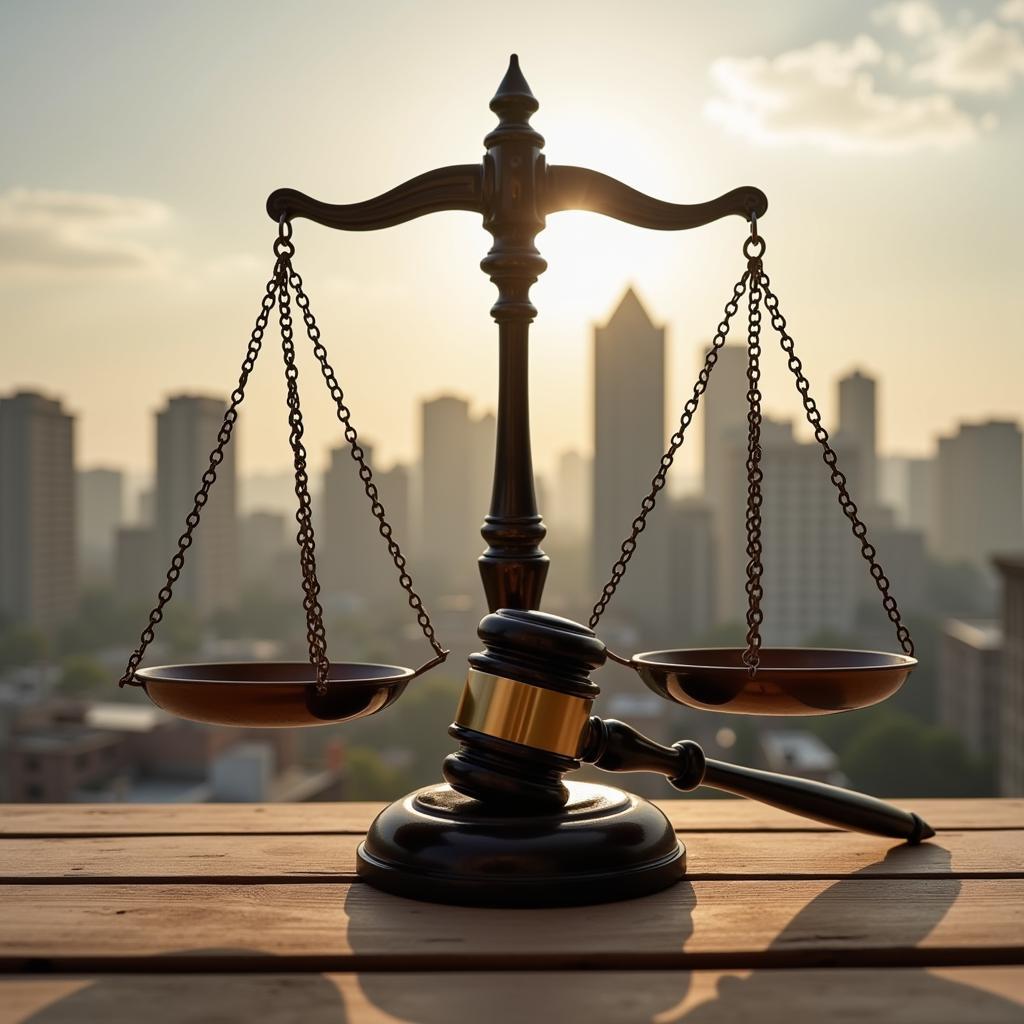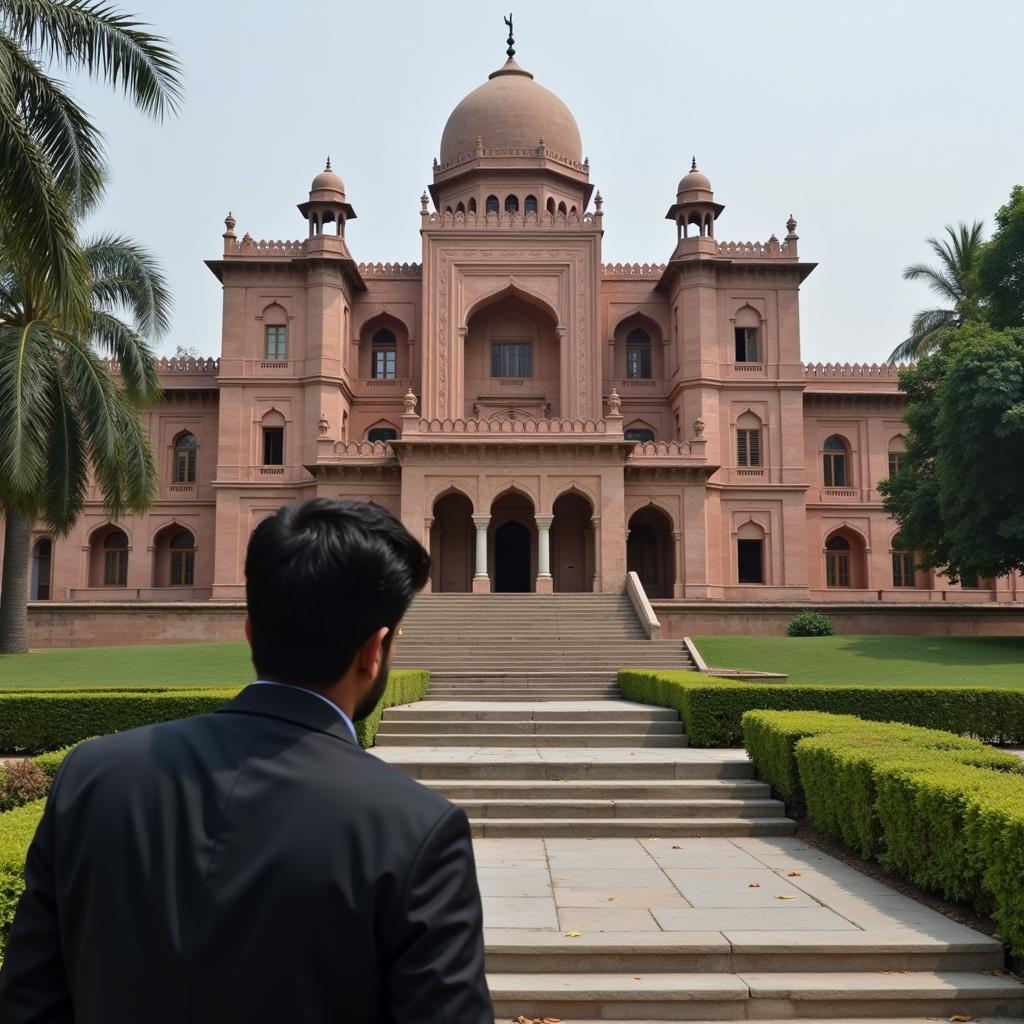Pakistan, since its inception in 1947, has grappled with the complex dynamics of governance. The nation’s journey has been marked by both periods of progress and setbacks, raising questions about the effectiveness of its governance structures and the impact on its people. Understanding the intricacies of Governance In Pakistan requires delving into its historical context, analyzing the key challenges, and exploring potential solutions for a more prosperous and equitable future.
 Governance Challenges in Pakistan
Governance Challenges in Pakistan
A History of Shifting Sands: Political Instability and Its Impact
Pakistan’s political landscape has been characterized by a recurring cycle of military interventions, fragile democratic transitions, and periods of authoritarian rule. This instability has had a profound impact on the country’s governance structures, hindering the development of strong institutions and consistent policies. The frequent changes in leadership have often resulted in policy discontinuities, undermining long-term planning and sustainable development.
One of the most significant consequences of this political volatility has been the erosion of public trust in democratic institutions. The lack of accountability and transparency has fueled cynicism and apathy among citizens, who often view the political elite as self-serving and disconnected from their needs. This disconnect between the rulers and the ruled has further exacerbated the challenges of governance in Pakistan.
Navigating the Labyrinth: Key Governance Challenges in Pakistan
The challenges facing governance in Pakistan are multifaceted and deeply entrenched. Some of the most pressing issues include:
-
Corruption: Endemic corruption within government institutions and across various sectors of society remains a major impediment to good governance. From petty bribery to large-scale embezzlement, corruption siphons off resources, undermines the rule of law, and erodes public trust.
-
Weak Rule of Law: The lack of consistent enforcement of laws and regulations has created an environment of impunity, where powerful individuals and groups operate above the law. This undermines the principles of justice and equality, discouraging investment and hindering economic growth.
 Strengthening the Rule of Law in Pakistan
Strengthening the Rule of Law in Pakistan
-
Lack of Accountability and Transparency: A culture of secrecy and lack of transparency within government institutions has made it difficult to hold officials accountable for their actions. This lack of accountability breeds corruption, undermines public trust, and hinders effective governance.
-
Inefficient Bureaucracy: Pakistan’s bureaucratic system, often plagued by red tape, inefficiency, and a lack of responsiveness, poses a significant challenge to effective governance. The cumbersome procedures and lack of coordination among different government agencies create delays, increase costs, and discourage both local and foreign investment.
-
Social Inequality and Lack of Access to Basic Services: Despite some progress in recent years, Pakistan continues to grapple with high levels of poverty, illiteracy, and inadequate access to basic services such as healthcare, education, and clean water. This inequality undermines social cohesion, fuels unrest, and hinders human development.
Towards a Brighter Future: Pathways to Improved Governance
Addressing the deeply rooted governance challenges in Pakistan requires a multi-pronged approach that focuses on strengthening institutions, promoting transparency and accountability, and empowering citizens.
-
Strengthening Democratic Institutions: A key priority is to strengthen democratic institutions, ensuring free and fair elections, upholding the rule of law, and safeguarding the independence of the judiciary. E governance in Pakistan can play a crucial role in enhancing transparency and efficiency within government institutions.
-
Promoting Transparency and Accountability: Implementing robust mechanisms for transparency and accountability, such as access to information laws and independent oversight bodies, is essential to curb corruption and improve public trust.
-
Empowering Citizens: Empowering citizens to participate in the political process and hold their leaders accountable is crucial for fostering good governance. This includes promoting civic education, protecting freedom of speech and assembly, and ensuring access to justice.
 Governance Reforms in Pakistan
Governance Reforms in Pakistan
-
Investing in Human Capital: Investing in education, healthcare, and social safety nets is critical for human development and reducing inequality. By providing equal opportunities for all citizens, Pakistan can unlock its true potential and create a more just and prosperous society.
-
Promoting Economic Growth and Development: Fostering sustainable and inclusive economic growth is crucial for creating jobs, reducing poverty, and improving living standards. This requires implementing sound economic policies, attracting foreign investment, and promoting entrepreneurship.
The Road Ahead: A Collective Effort
The path to effective governance in Pakistan is fraught with challenges, but the pursuit of a more just and equitable society requires a sustained and collective effort. By addressing the root causes of governance failures, fostering a culture of transparency and accountability, and empowering citizens, Pakistan can move towards a future where the principles of good governance are upheld, and the aspirations of its people are realized.
FAQs about Governance in Pakistan
1. What are the main obstacles to good governance in Pakistan?
The primary challenges include corruption, a weak rule of law, lack of accountability, an inefficient bureaucracy, and persistent social inequality.
2. How can corruption be effectively addressed in Pakistan?
Combating corruption requires a multi-faceted approach, including strengthening institutions, enforcing anti-corruption laws, promoting transparency, and empowering citizens to hold officials accountable.
3. What role can citizens play in improving governance?
Citizens play a vital role by engaging in the political process, demanding accountability from their leaders, reporting corruption, and actively participating in civil society initiatives.
4. What is the significance of institutional reforms in Pakistan?
Institutional reforms in pakistan are crucial for strengthening democracy, ensuring the rule of law, promoting good governance, and creating a more stable and prosperous society.
5. How can Pakistan address the issue of social inequality?
Addressing social inequality requires investing in education, healthcare, and social safety nets, promoting inclusive economic growth, and empowering marginalized communities.
Exploring Further: Related Issues in Pakistan
To gain a deeper understanding of the complexities surrounding governance in Pakistan, it is essential to consider its interconnectedness with other critical issues:
-
Causes of Failure of Democracy in Pakistan: Examining the historical and structural factors that have hindered the consolidation of democracy in Pakistan. Read More
-
Top 10 Powerful Jobs in Pakistan: Analyzing the positions of influence and authority within Pakistan’s governance structure and their impact on the country’s development trajectory. Discover More
-
Current Affairs of Pakistan MCQs with Answers PDF Download: Staying informed about the latest developments and challenges in Pakistan’s governance landscape through multiple-choice questions and answers. Download Now
Take Action: Connect with Us
For any inquiries or assistance regarding governance issues in Pakistan, please don’t hesitate to contact us:
Phone: +923337849799
Email: [email protected]
Address: Dera Ghazi Khan Rd, Rakhni, Barkhan, Balochistan, Pakistan.
Our dedicated customer support team is available 24/7 to assist you.